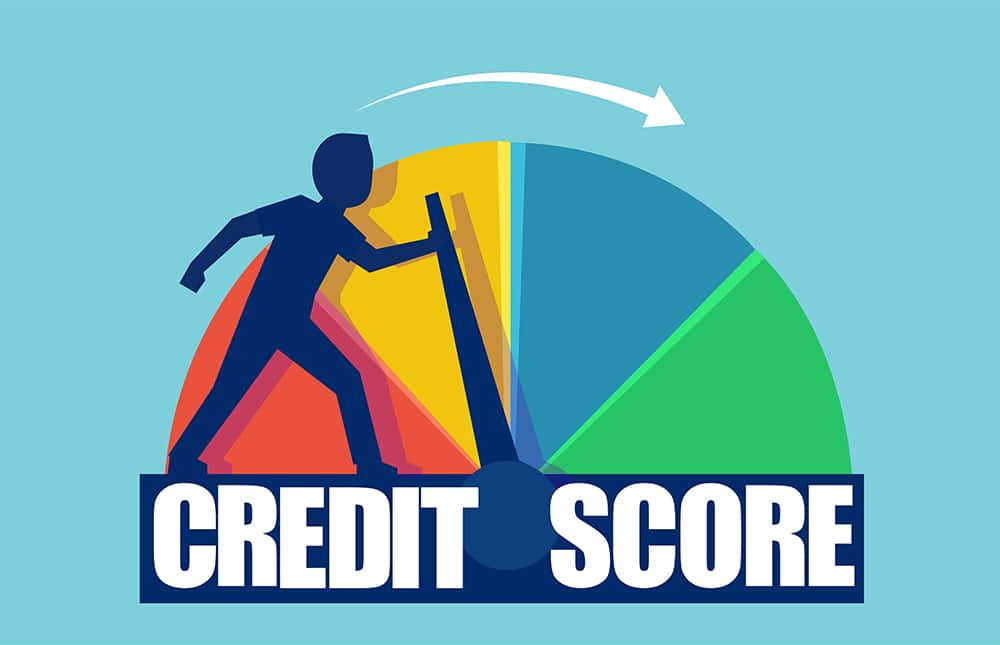Your credit score is the gateway to many essential resources in life. Applying for an apartment or mortgage? Whether you get it will likely hinge on your score. Looking to buy a new car? Financing rates will depend on your score. In need of a loan? You might not be approved if your score is too low. Needless to say, your score can control many aspects of your life, and anybody who’s experienced the downside of this might be motivated to work towards improving their score. One surefire way to do so is through strategically using credit cards—but you might be wondering when updated credit card information is reflected on your credit report. Read on for more information on when you can expect credit cards to report to credit bureaus.
Different Bureaus Have Different Standards
The first thing to keep in mind when you’re waiting for your score to update is the fact that each credit bureau operates differently. The three main credit bureaus, TransUnion, Equifax, and Experian, are all independently maintained and thus have their own separate standards of reporting. This can make it difficult to identify a single formula for when information is processed and posted—because there isn’t one. Instead, each bureau will receive information from creditors independently and factor that information into your score on their own schedule. Although you cannot predict when updated credit card info will be reported by each bureau, you can rest assured that it is in their best interest to provide the most recent and up-to-date information.
Look at Your Statement Date
Predicting when a credit bureau will report recent credit card payments is something of a guessing game, but you can likely know when your credit card company will report to the bureaus. More often than not, credit cards report users’ payments or delinquencies on the date your statement closes. You can find this date by looking at your bill and finding the billing period indicated. The last date of this period is typically the closing date of your statement, and this is when you can expect your credit card to report to the credit bureaus. When the bureaus post this information is up to them, but it usually is not long after they receive the report.
Pay on Time for Best Results
The key to maintain an upward trajectory for your credit score is to keep making credit card payments on time. Whether you are able to pay off your full balance or only make the minimum payment, be sure that you submit your payment every month on your statement due date. Failure to do so can cause a delay in your card issuer reporting your updated information—and when it does post, it’ll have a detrimental effect on your score.
Credit Card Companies Report Differently
Though most credit card companies will report your score on or shortly following your statement close date, this is not always true. Like credit bureaus, credit card companies are all run differently, and each has its own policy for reporting to bureaus. Some companies, for example, might have a set reporting date for all cardholders, whereas other companies may have different reporting dates depending on cardholders’ statement dates. It is best to call your card issuer for more information if you are wondering when they report information to credit bureaus.
Different Card Issuers May Report to Different Bureaus
Many credit cardholders are also unaware of which bureaus their card company reports to. It’s pointless to watch and wait for your Equifax score to go up if your card issuer does not report to Equifax. Unfortunately, all card companies do not report to all credit bureaus. This means that you might cultivate an immaculate payment history with your creditor, only to realize that they report this history to one out of the three major bureaus. If this is the case, it may be time to diversify your credit profile and look for some additional ways to boost your score
Your Score Is Calculated Based on Several Factors
It is important to remember that credit cards are not the only factor that is used to calculate your credit score. It is true that they can be a significant contributor, but other criteria, such as bill payments, loans, and debt collection can also have a major impact on the score a bureau reports. For this reason, you shouldn’t fixate on any one factor contributing to your score, and instead, approach your credit holistically and find an approach that helps you best utilize credit strategically. Rather than waiting for updated credit card information to post, research how you can see your monthly utility payments reflected on your report. Little changes like this can cause major improvements in your score over time, and credit is all about the big picture.There are a variety of ways to boost your credit score, including on-time payments, strategic use of debt, and tradeline accounts. Find the method that works for you and unlock the opportunities that come with excellent credit.


